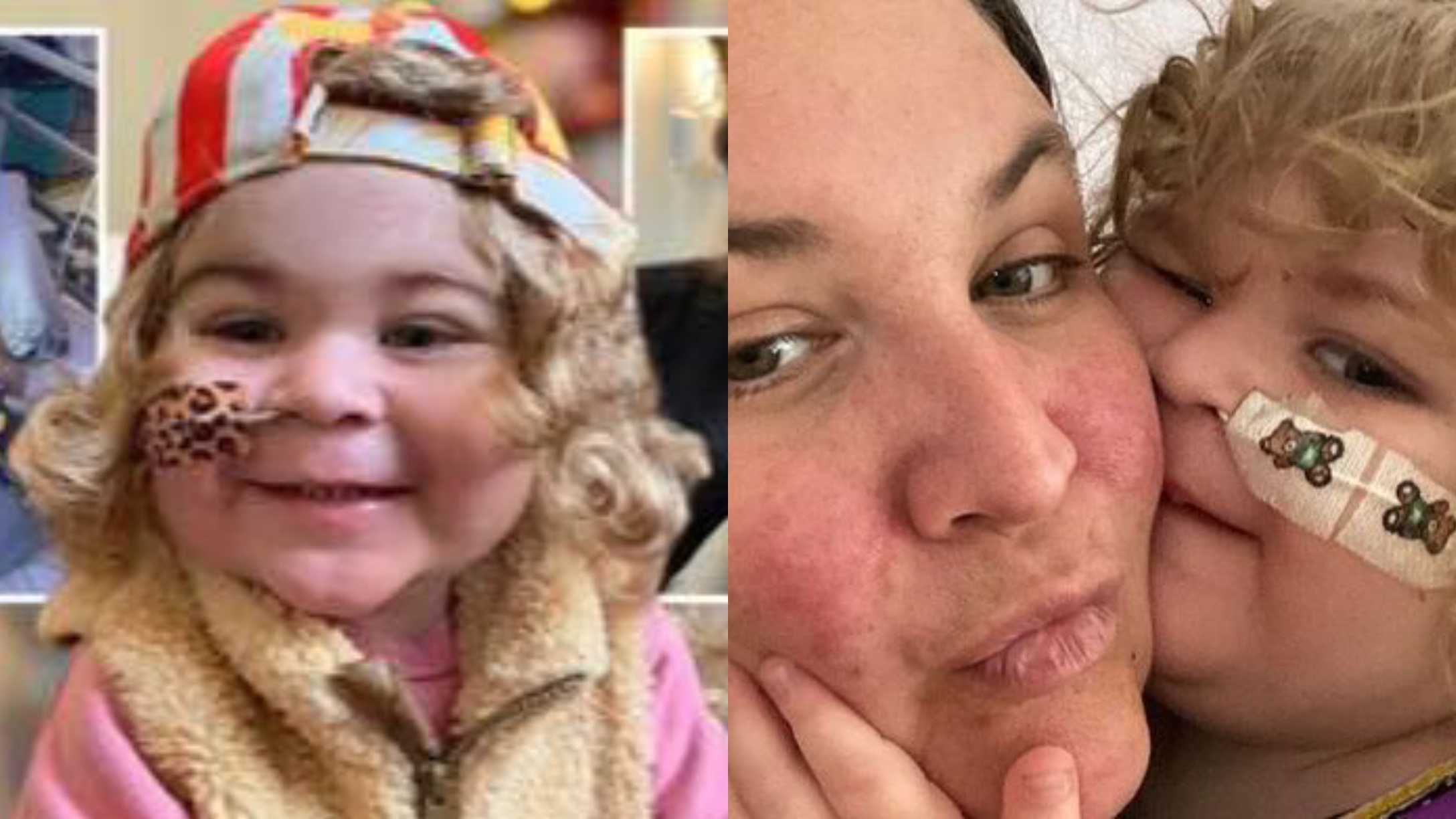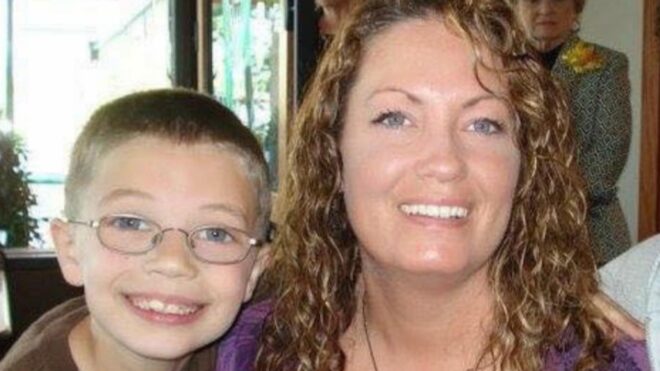
A family in London is mourning the loss of their 3-year-old son after he contracted herpes. Raffy Holliday’s parents say their son lived his short life without an immune system. The virus caused inflammation in his brain. Raffy died in March at London's Great Ormond Street Hospital. Now, his parents are speaking out to raise awareness about the need for increased testing for the virus in hospitals.
HHV-6B, a strain of the herpes virus, is a common childhood illness accompanied by a mild fever and rash.
More from CafeMom: Dad Breaks His Silence After a Simple Kiss Killed His Newborn Daughter
HHV-6B is common in children, but most are able to fight it off.
HHV-6B will be contracted by 70% of children by the time they reach 3 years old, The Mirror reported. Typically, children develop a natural immunity to the illness and the immunity prevents further reinfection. Raffy lived with the active virus in his system for three years before it ultimately took his life.
In addition to his herpes infection, Raffy had been diagnosed with leukemia and was undergoing treatment for the disease, including a bone marrow transplant. After a bone marrow transplant in 2020, he was routinely tested for three other strains of herpes. Raffy’s mother, Imogen Holliday, said medical staff told her he would not be tested for HHV-6B unless he became neutropenic. Neutropenia is a condition when white blood cells, called neutrophils, drop below a certain level, causing a weakened immune system.
More from CafeMom: My Healthy Toddler Died From the Flu & He Is Why My Family Gets the Flu Shot Every Season
The hospital said it generally doesn't test for HHV-6B.
Although Raffy didn’t show signs of neutropenia, he was lacking T-cells, another type of white blood cell that wards off infection, after his transplant. Now, his mom is petitioning the UK's National Health Service to include HHV-6B on the list of viral tests for post-transplant patients.
Imogen doesn’t believe Raffy contracted the virus in the hospital, but he could have gotten it anywhere, because it’s so common. She said, “Raffy didn't have an immune system. He didn't have anything to fight the virus off. It progressed from his blood into his organs and became very dangerous.”
'We don't have a son any more because of [the lack of testing],' Raffy's mother said.
Imogen said she can’t understand why the systems don’t test for it. “HHV-6B is the most commonly reactivated form of the herpes virus post-transplant, so I can't understand why they don't test for it," she said. "It's frustrating.” While the hospital told Raffy’s parents that HHV-6B isn't usually fatal, Raffy is proof that it can be.
Raffy's mother says the virus can live dormant in the body.
At one point, Raffy went seven months without being tested for the virus. During this time, the boy developed ulcerative colitis, gut bleeds, external ulcers, mouth sores, two bouts of pancreatitis, a blood clot, death of tissue in the spleen, a bleed between his brain and skull, and seizures, The Mirror reported.
“You can't prepare for losing a child,” Imogen said. “You don't imagine it will happen to you. It shouldn't be our reality but sadly it is. We want people to understand the severity of this virus. It's opportunistic and it isn't cell specific. It will infect and take over all kinds of different cells. And it can live dormant in the body."
Today, Raffy's family is advocating for other children who may experience what he did.
In channeling her grief, Imogen, who is the mother of another toddler and two teenage sons, created Red Duck — after Raffy’s favorite color and animal — in an attempt to discuss HHV-6B among medical staff. "We found that channeling our grief into something positive — where we can still talk about Raffy all the time, share his story, and stop the same thing happening to someone else — gives us a sense of comfort … some days I can't think for the tears. But this is a really healthy distraction."




